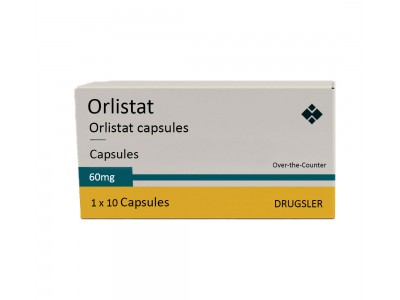Xenical (orlistat) is not primarily classified as an appetite suppressant. Instead, it functions as a lipase inhibitor, meaning it works by preventing the absorption of fats from the diet. Specifically, orlistat inhibits the action of pancreatic lipase, an enzyme necessary for the breakdown of triglycerides in the intestine. When this enzyme is inhibited, about 30% of the fat consumed in the diet is not absorbed and is instead excreted in the feces.
While orlistat does not directly suppress appetite, it can contribute to weight loss, which may indirectly affect appetite and eating behaviors. By reducing the amount of fat absorbed, orlistat lowers the caloric intake from meals, which can help create a calorie deficit essential for weight loss. Over time, as individuals lose weight, they might experience changes in their appetite regulation, potentially finding it easier to adhere to a reduced-calorie diet.
The effectiveness of Xenical in weight loss has been demonstrated in several clinical trials. Studies have shown that individuals taking orlistat, in conjunction with a reduced-calorie diet and regular physical activity, lose more weight compared to those who only follow diet and exercise plans without the medication. On average, weight loss with orlistat can range from 5% to 10% of initial body weight over a year, which is a significant and clinically meaningful amount.
However, the use of orlistat comes with potential side effects, primarily gastrointestinal issues such as oily stools, flatulence, and frequent bowel movements. These side effects are a direct consequence of unabsorbed fat being excreted and can be mitigated by adhering to a low-fat diet.
In summary, while Xenical (orlistat) is not an appetite suppressant, it is effective in aiding weight loss by inhibiting fat absorption. This mechanism can indirectly influence eating habits and appetite over time, contributing to a more manageable and sustained weight loss when combined with dietary changes and physical activity.

